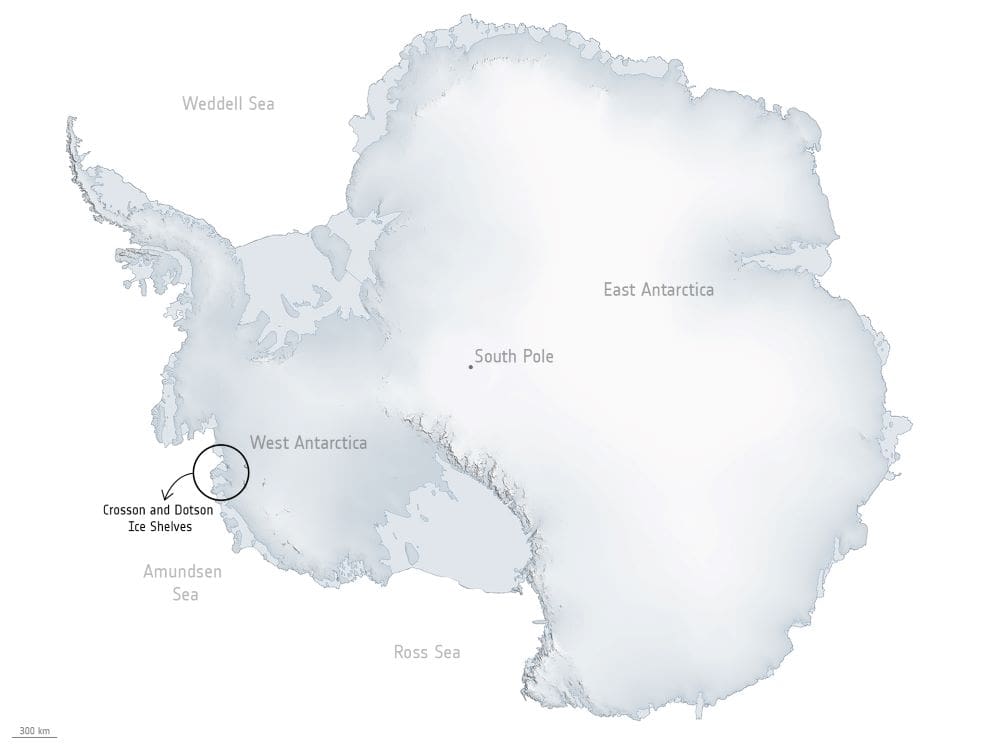Rising temperatures drive alarming dengue increase worldwide
A recent study by researchers from Stanford and Harvard Universities, presented at the Annual Meeting of the American Society of Tropical Medicine and Hygiene (ASTMH), has highlighted the significant role of climate change in the global surge of dengue infections.
Analysis shows that 19% of the current dengue burden can be attributed to climate change, with projections suggesting a 40%-60% rise in infections by 2050 in most regions, and up to 200% in specific areas like parts of Peru and Brazil.
The research linked dengue incidence with temperature variations across 21 countries, demonstrating a strong correlation between warmer temperatures and increased transmission. Dr. Erin Mordecai from Stanford stated, “It’s evidence that climate change already has become a significant threat to human health.”
The study also underscored the potential impact of reducing emissions: while substantial cuts could lessen the increase in dengue infections, 17 of the studied countries would still face climate-driven rises even under the most optimistic scenarios. The findings were presented as dengue continues to emerge in non-endemic areas, including parts of the U.S.
Journal Reference:
Harris MJ, Trok JT, Martel KS, Borbor Cordova MJ, Diffenbaugh NS, Munayco CV, Lescano AG, Mordecai EA, ‘Extreme precipitation, exacerbated by anthropogenic climate change, drove Peru’s record-breaking 2023 dengue outbreak’, medRxiv [Preprint] 24309838 (2024). DOI: 10.1101/2024.10.23.24309838
Article Source: Burness
Strategic interdependence in public health policies revealed by COVID-19 responses
A new study in PNAS has explored the interconnected dynamics of state-level public health policies in the U.S. during the COVID-19 pandemic.
Using a game-theoretic model, researchers examined how states’ decisions to implement social distancing or mask mandates were influenced by peer behaviors, particularly those with similar political affiliations. The study found that political considerations often outweighed public health data in policy adoption, with Republican-led states less likely to enact mask mandates.
The research highlighted a “tipping effect,” where widespread policy adoption among states increased the likelihood of others following suit. Notably, mask policies were more sensitive to this interdependence than shelter-in-place strategies. The findings emphasize the need for better coordination in public health responses during emergencies.
Journal Reference:
L. Liu, Z. Cui, H. Kunreuther, G. Heal, ‘Modeling and testing strategic interdependence and tipping in public policy implementation’, Proceedings of the National Academy of Sciences 121 (48) e2414041121 (2024). DOI: 10.1073/pnas.2414041121
Article Source: PNAS
Boreal biomass burning worsens Arctic warming
A study published in Nature Climate Change has revealed that aerosols from boreal biomass burning (BBA) are significantly amplifying Arctic warming.
Using satellite-constrained modeling, researchers observed a sharp increase in BBA emissions over the last two decades, correlating with the rapid warming of the boreal region. These aerosols, which absorb solar radiation, have created positive radiative effects during Arctic summers, intensifying warming in the region.
Projections indicate that with just 1°C of additional global warming, BBA emissions could increase sixfold, potentially undermining the benefits of reducing black carbon emissions. The study underscores the urgent need to address aerosol emissions alongside greenhouse gases to mitigate climate impacts in the Arctic.
Journal Reference:
Zhong, Q., Schutgens, N., Veraverbeke, S. et al. ‘Increasing aerosol emissions from boreal biomass burning exacerbate Arctic warming’, Nature Climate Change (2024). DOI: 10.1038/s41558-024-02176-y
Article Source: Nature
Featured image credit: Gerd Altmann | Pixabay




